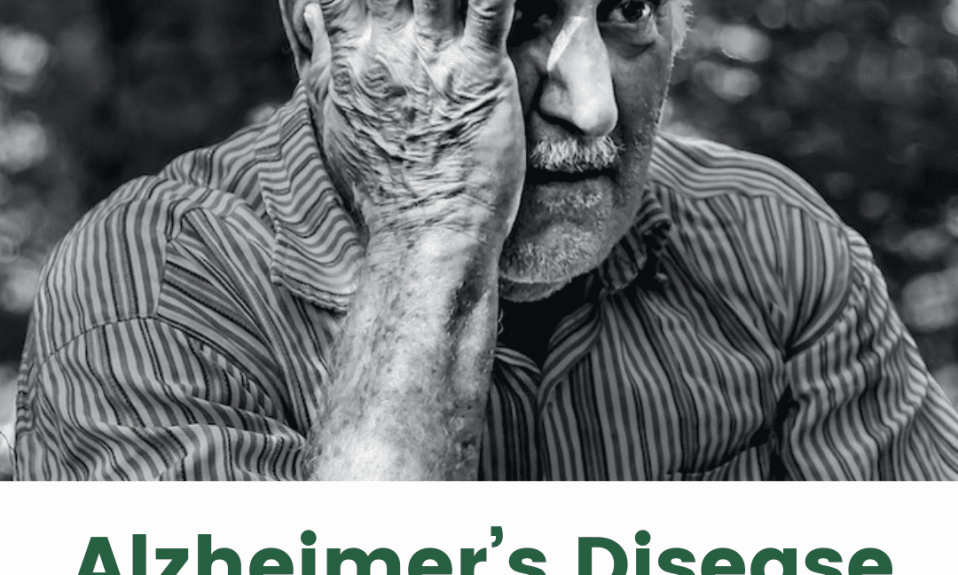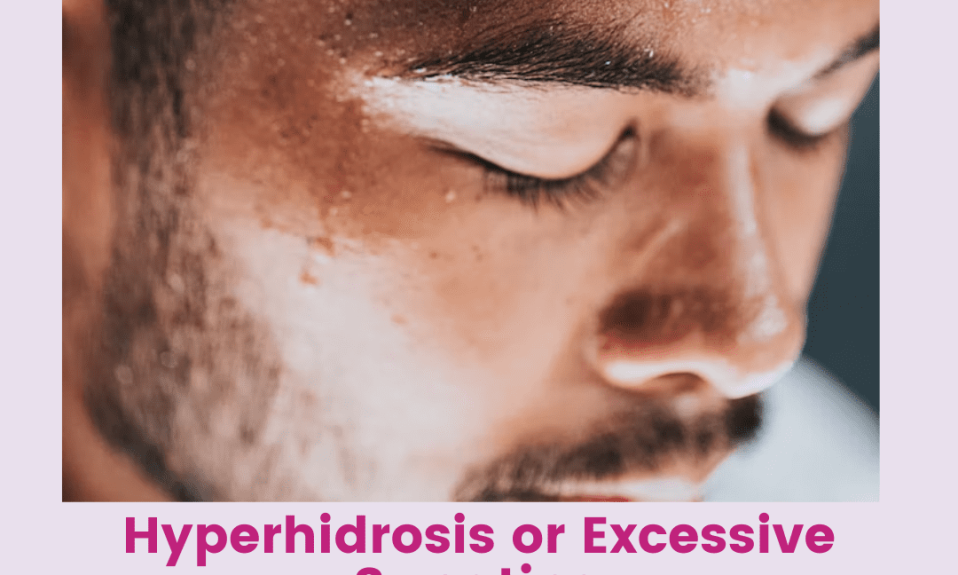Alzheimer’s is among the highly dominating brain-related disorders around the globe. A plethora of men and women are confronting this disease, and it’s spreading among the masses at a rapid pace. It is identical to dementia; however, if it prevails, it can create adverse impacts on the overall health of the patient.
It is a fatal disease in terms of the brain’s organic functioning. The patient with Alzheimer’s disease has to face difficulty remembering, thinking, and processing different visuals and communication. It compromises the healthy neurons in the brain that assist it in functioning naturally.
Below are the two categories of this brain problem:
- Sporadic Alzheimer’s begins in people aged around 60-65 years. The doctors have not been able to detect its root cause.
- Familial Alzheimer’s is a form of dementia that prevails in people of 40-50 years. It is among hereditary brain conditions.
Symptoms of Alzheimer’s disease
The symptoms of this disease vary from one patient to another. It is because, in some cases, the patient finds trouble remembering and accurately thinking, while other patients cannot choose the right words and combine them in a sentence while talking. However, the common symptom is memory loss and dementia.
There are some common symptoms such as:
- Hard to communicate on a regular basis
- Body fatigue and disinterest in favorite activities
- More time is required to do simple and trivial chores.
- Frequently forgetting things and people.
- Difficulty in answering different questions
- Indecisiveness and trouble in expressing the feelings
Depending on its intensity, this brain disease can be easily divided into three stages for a better understanding of its manifestation:
- Mild Alzheimer’s: It is like normal dementia, and the patient can talk and perform different tasks on their own.
- Moderate Alzheimer’s: The patient requires support, and the symptoms are not mild.
- Advanced Alzheimer’s: The patient needs perpetual supervision and care.
Causes of Alzheimer’s Disease
Medical science has discussed prominent causes of this brain problem for patients. These involve amyloid plaque deposits, neurofibrillary tangles, and neuronal death in some cases.
- Amyloid plaques are present outside the brain region, and their purpose is to hinder the smooth pathway of transmitting signals through the brain.
- Neurofibrillary tangles are inside the brain and act as blockers. Their function is to compromise the healthy brain cells by disrupting the normal supply of food and energy to them.
- Neuronal death makes the cortex of the brain compact, which controls the functions like thinking and judgment.
Some cases of this disease have failed the doctors and neurologists to detect the main cause of this problem in the patients. Some patients are suffering from a damaged outer region of the brain, which depicts the initial stage of this disease. However, if left untreated, the disease prevails in the patient and approaches the healthy parts of the brain located in the deep positions.
Patients who have congenital Alzheimer’s disease have three mutated or malfunctioning genes that are the prominent cause of this brain problem in them. For this reason, they have to confront the hereditary form of this disease on all counts.
Diagnosis of Alzheimer’s disease
It lacks proper procedural diagnosis like other diseases. The doctors cannot diagnose the disease with adequate laboratory tests and other measures. However, there are some ways to do diagnosis such as:
- History of the disease or any family linkage
- Thorough physical and neurological examinations
- Different tests for detecting the normal cognitive functions of the patient
- Important psychic examinations
- Blood tests and urine tests
- CT scans and MRI to compare the normal and diseased state of the brain
It can be due to overthinking, depression, and anxiety in some patients. It is a degenerative cognitive disease that can be caused due to the inadequate consumption of a healthy diet. If your doctor has made their initial diagnosis, then you must act upon their guidelines and suggestions to control this disease as early as possible with the support of proper medication and a healthy lifestyle.
Treatment of Alzheimer’s disease
It has no cure being a degenerative brain problem. But the patients can maintain a good balance between this condition and their lifestyle with the help of intermittent checkups and suitable medication. Besides, a robust and energetic diet can also prove to be beneficial in rejuvenating the brain and its cells for normal functioning.
-
Medications
Some medications, like cholinergic pills, boost the normal communication and transmission of signals between the brain and its cells. These can be favorable to treat the mild to slightly moderate type of Alzheimer’s disease because such medicines improve the production of a neurotransmitter called acetylcholine.
-
Lifestyle changes
Such patients have to sustain healthy communication and interaction with their family members and friends as soon as possible. It will keep them from agony, restlessness, and depression as well. Besides, energetic activities like camping, hiking, and traveling while different sports can also help alleviate the worse impacts of this disease on the patients.












